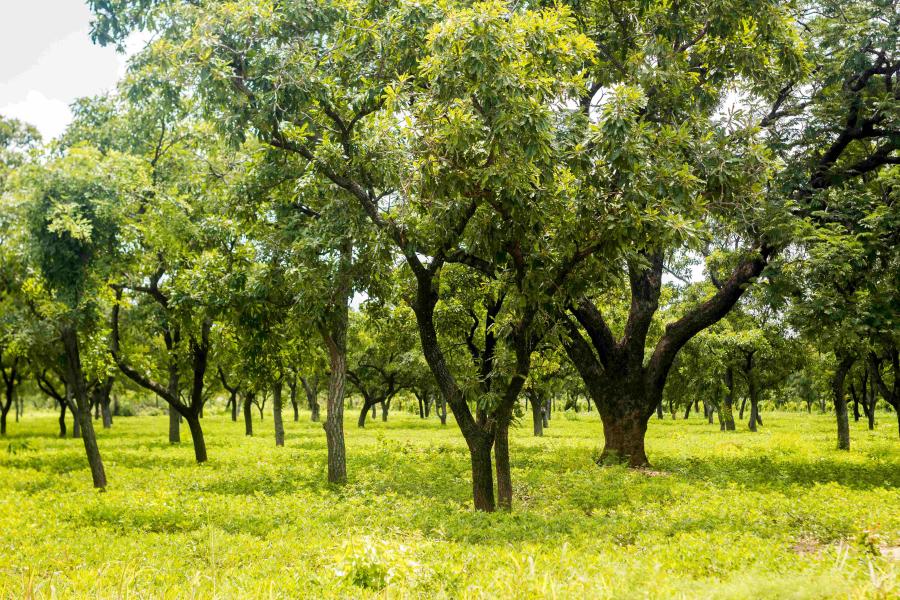Ghana’s diverse landscapes, ranging from lush rainforests to serene coastlines, house a wealth of natural beauty and biodiversity. As the nation forges ahead in the modern era, there is an increasing realization of the importance of preserving these treasures for future generations. Environmental conservation efforts in Ghana are gaining momentum, driven by a deep commitment to safeguarding the environment, fostering sustainable development, and ensuring the well-being of both people and planet. In this article, we explore the strides being made to protect Ghana’s natural beauty.
Ghana’s rainforests, including the iconic Kakum National Park, are home to a staggering array of plant and animal species. Conservation efforts in these areas focus on protecting habitat, combating deforestation, and mitigating the impact of illegal logging. Wildlife sanctuaries such as Mole National Park play a crucial role in safeguarding endangered species like elephants, antelopes, and primates, offering a safe haven for these animals to thrive.
The stunning coastline along the Gulf of Guinea is not only a source of beauty but also of vital ecosystems that support marine life and coastal communities. Efforts are being directed towards tackling pollution, overfishing, and habitat degradation. Initiatives like marine protected areas and beach cleanups aim to restore the balance between human activities and the delicate coastal environment.
Ghana has embarked on ambitious afforestation and reforestation projects to counter the loss of forest cover. Programs like the Green Ghana Initiative seek to plant millions of trees across the country. Reforestation not only helps combat climate change by absorbing carbon dioxide but also safeguards watersheds, prevents erosion, and provides habitat for wildlife.
Environmental conservation in Ghana is not solely the responsibility of governmental bodies; it involves the active participation of local communities. Conservation projects often integrate sustainable practices that empower communities while safeguarding natural resources. These initiatives provide alternative livelihoods, such as eco-tourism and non-timber forest products, reducing reliance on activities that harm the environment.
One of the cornerstones of successful conservation is raising awareness about the importance of preserving Ghana’s natural heritage. Environmental education programs in schools and communities foster an understanding of ecosystems, biodiversity, and the impact of human actions. By nurturing a culture of environmental stewardship from an early age, Ghana aims to instill a sense of responsibility for the planet.
Ghana has established policies and regulations to guide environmental conservation efforts. The nation is also a signatory to international agreements aimed at addressing climate change, biodiversity loss, and sustainable development. Collaborations with global organizations and initiatives further amplify the impact of conservation measures, facilitating the sharing of knowledge, resources, and expertise.
Despite progress, challenges persist. Rapid urbanization, resource exploitation, and climate change pose threats to Ghana’s environment. Overcoming these challenges requires a multi-faceted approach that involves individuals, communities, industries, and governments working together. By embracing innovation, technology, and sustainable practices, Ghana can navigate the delicate balance between development and conservation.
Ghana’s commitment to environmental conservation reflects a deep understanding of the interconnectedness between nature and society. The nation recognizes that the preservation of its natural beauty is not just an obligation but a privilege. Through collective efforts, education, and sustained commitment, Ghana is striving to ensure that the breathtaking landscapes, diverse ecosystems, and rich biodiversity remain intact for generations to come. In protecting its natural treasures, Ghana is writing a legacy that transcends time, demonstrating the profound impact of responsible stewardship on the planet’s future.





